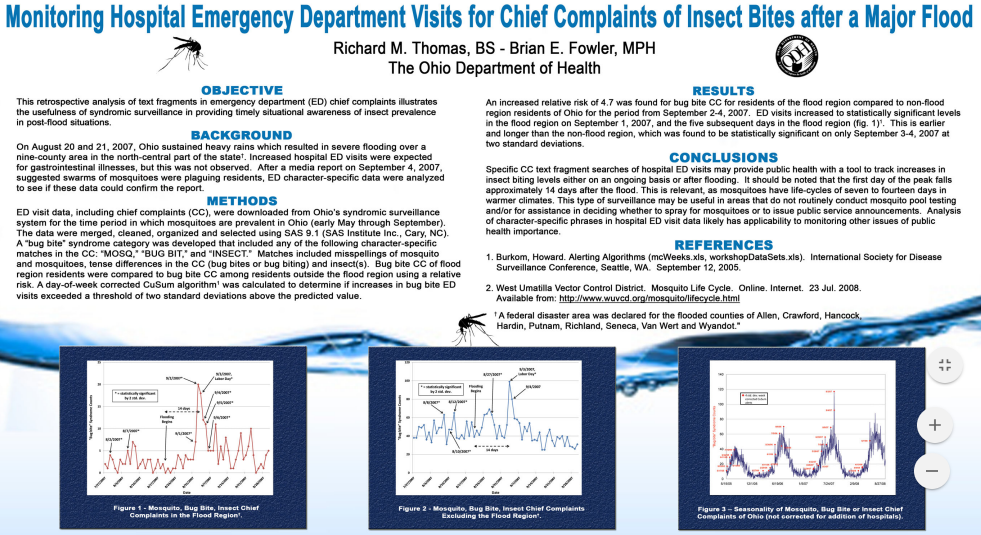Trial
Health Monitoring Systems launched the MediCenter medication reconciliation service in 2009 with the help and support of over 25 hospitals that provided invaluable guidance in determining the needs of busy emergency department clinicians.
Following our successful initial service launch, we are seeking 10 facilities to demonstrate leadership in defining a workable, efficient model for emergency department medication reconciliation. The goal is to repeat and then refine the early successes in:
- Increased accuracy and reliability of medication history and as a result, the medication reconciliation process
- Reduced nursing time and increased staff compliance for complete medication histories
- Improved operational ROI when compared to traditional interviews and follow-up calls
In recognition of the significant contribution that these 10 trial facilities will make, Health Monitoring Systems will provide the following benefits:
- Free Trial – faciliites will be able to evaluate how to use automated medication reconciliation in their clinical environment.
- National Recognition – medication reconciliation has proven to be a vexing issue for hospitals and the Joint Commission. Subsequent to the MediCenter trials, trial participants will be recognized for their significant contribution in national presentations, articles, and papers.
- Reduced Service Fees – should a facility adopt MediCenter following the trial, Health Monitoring System will provide a 25% reduction in service fees.
Contact us to see if a MediCenter Trial makes sense for your hospital. You can reach us at 1-866-231-7250 ext. 2 or by email at trial@hmsinc.com.

